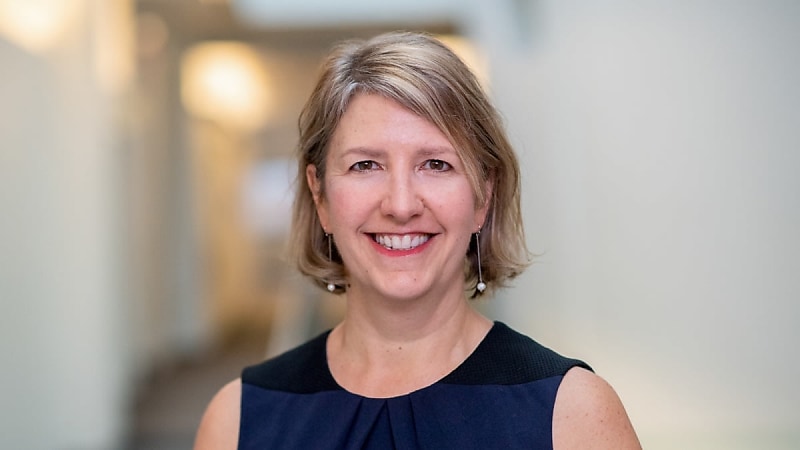Study shows women are less confident when it comes to investment choices

Australian women face substantial gender-based differences in personal super balances, personal investments, annual income and overall confidence levels leading up to retirement, according to research from one of the world's largest investment advisers.
Vanguard’s latest analysis showed that women generally feel less confident about their retirement years because of a lack of understanding about investments, investment products, services and bonds.
The multinational financial services company said around eight per cent of the women (pre-retired) surveyed for the report had chosen to use SMSFs as their retirement vehicle, compared to 10 per cent for men.
However, even women in SMSFs admitted there was some uncertainty in how they could make favourable investments or seek qualified advice.
The research showed a much higher proportion of women responded that they feel “not at all confident” in understanding investing products and services like stocks and bonds (47 per cent and 64 per cent female versus 22 per cent and 37 per cent male) while a higher proportion of men felt moderately or very confident across a wide range of products and services from ETFs to annuities, the age pension and property.
It also revealed Australian women did not have a clear plan for retirement in comparison to their male counterparts with nearly 46 per cent saying they “had no plan” or “did not know what they needed for retirement”.
A third of working-age women reported a super balance of less than $20,000 versus 12 per cent of men in the same category.
The analysis also found there is a marked difference in expectations of how long retirement funds will need to last in retirement amongst pre-retirees. A higher proportion of female pre-retirees (22.1 per cent) expect to need their retirement funds to last for 30 years or more in comparison to their male counterparts (13.7 per cent).
Most pre-retirees have never consulted a financial adviser, though this is higher for women (70 per cent) compared to men (56 per cent).
A higher proportion of retirees have sought financial advice and most reported it as mostly ad-hoc or one-off.
Additionally, women, both pre-retirees or already in retirement, were less inclined to make additional contributions in comparison to their male counterparts. Only 22 per cent of pre-retired women surveyed made regular additional superannuation contributions compared to 30 per cent of pre-retired men.
More women think that ongoing guidance (30 per cent), an age-appropriate plan from their super fund (27 per cent) and having a clear understanding of what they could do to improve their financial outlook for retirement (34 per cent) would be helpful in working towards the desired retirement lifestyle.
The survey also found that female pre-retirees who make regular voluntary super contributions feel more confident that they will be able to fund the retirement lifestyle they want.
“Many studies including Vanguard’s own investor data show that women are typically very disciplined investors. They are less likely than men to take on too much risk and tend to maintain a long-term view rather than engage in trading behaviours to score a quick return,” said Shannon Nutter, head of Super for Vanguard.
“While there are a number of personal actions that women can take, the onus is also on other parties such as spouses, the government and the superannuation industry to get involved and provide better support for women.
This analysis has highlighted in particular, the areas in which the industry can provide for female clients to ensure everyone, equally, can move more confidently towards a great retirement.”






